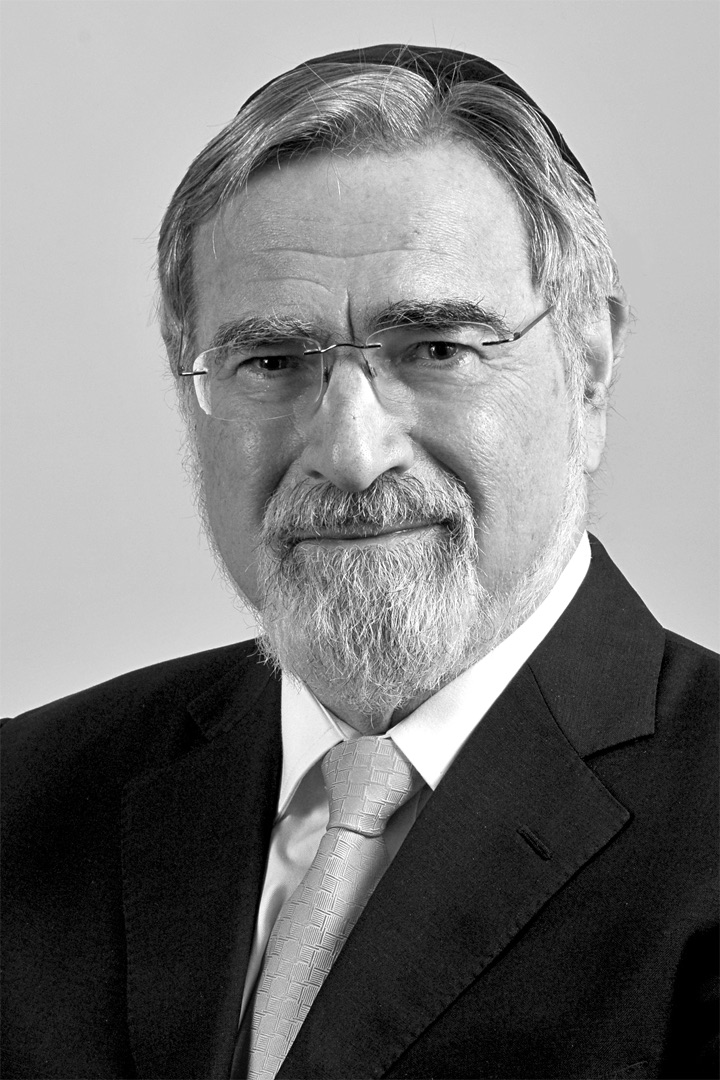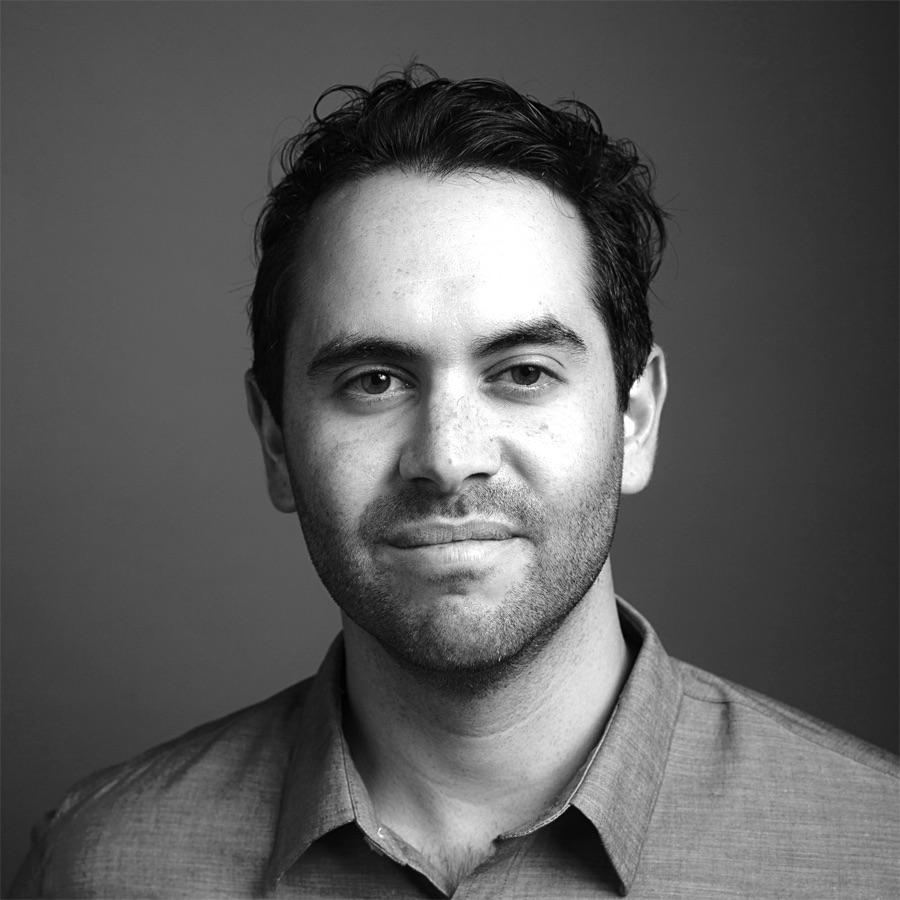
PARSHA: BEHAR-BECHUKOTAI, LEVITICUS 25:10
“You shall hallow the fiftieth year. You shall proclaim release throughout the land for all its inhabitants. It shall be a jubilee for you: each of you shall return to his holding and each of you shall return to his family.”
Rabbi Lee Moore
Director of Jewish and Organizational Learning, Lippman Kanfer Foundation for Living Torah
When we think about “freedom,” the release of slaves is logical, albeit a radical idea. But land reform — in what way is land reform an act enabling “freedom for all”?
For the ancient Israelites, agriculture was the primary means for self-sustenance and economic opportunity. Returning land in Yovel (“The Jubilee”) would cause a massive overhaul of the economic system, one that enables those who may have lost their land, lost their home, in the previous 50 years a “fresh start” at making a living and having a basic modicum of security.
In this way, Yovel is a systematic renewal for the relationship between humans (adam) and the land (adamah) — in other words, the economy. Accumulation of land/resources by some can persist for a period of time, but not indefinitely. Yovel checks it with a break. By regulating the allocation of wealth once in each generation, Yovel ensures that gross imbalances of resource distribution do not undercut the fabric of society or the health of the natural environment.
As Danny Hillis, inventor of a clock that chimes once every 10,000 years, says, “There are problems that are impossible if you think about them in two-year terms — which everyone does — but they’re easy if you think in 50-year terms.” Occurring at the long rhythm of one year in 50, Yovel invites us to think generationally. A typical human lifetime includes just one Yovel, which teaches that some rhythms may be long from the human perspective but are still important to observe.
A version of this essay first appeared on lkflt.wordpress.com.
Rabbi Lord Jonathan Sacks
Former Chief Rabbi of the U.K.

The Torah is making a radical point. There is no such thing as absolute ownership. There is to be no freehold in the land of Israel because the land belongs ultimately to God. Nor may an Israelite own another Israelite because we all belong to God.
It is this principle that alone makes sense of the Torah’s narrative of the creation of the universe. The Torah is not a book of science. It is a book of law. That is what the word “Torah” means. It follows that the opening chapter of the Torah is not a scientific account but a legal one. It is not an answer to the question, “How was the universe born?” It is an answer to a different question entirely: “By what right does God command human beings?” The answer is: Because He created the universe. Therefore, He owns the universe. Therefore, He is entitled to lay down the conditions for inhabiting the universe. This is the basis of all biblical law. God rules not by might but by right — the right of a creator vis-à-vis his creation.
In Judaism, what we possess is not ours. It belongs to God. He has merely placed it in our safekeeping. We are looking after it on behalf of God. One of the conditions of that trust is that if we have more than we need, we should share it with those who have less than they need.
A version of this essay first appeared on rabbisacks.org.
Maharat Rori Picker Neiss
Executive director of the Jewish Community Relations Council of St. Louis

If the laws of the Jubilee year refer to the emancipation of only Hebrew servants, why does the passage proclaim liberty throughout all the land unto all the inhabitants thereof? Is not this liberty, in fact, referring to only a small percentage of the population?
Rabbi Mordechai Kamenetsky points out that though a servant is indentured to his/her employer, the employer is also indebted to his/her servant. An employer bears the responsibility of not only paying an employee’s paycheck, but also of ensuring that the employee is cared for and is afforded a safe working environment, suitable provisions, and, above all else, respect and dignity. So in the Jubilee year, when all individuals are freed from their servitude, their masters are also freed from the burdens that accompany the responsibility of a servant.
When the American founding fathers convened in Philadelphia in 1775 to draft the Declaration of Independence, they proclaimed that all men were endowed with inalienable rights, among them the rights to life, liberty, and the pursuit of happiness. They did not include the right to property.
The laws of the Jubilee year, as well as the laws of the Sabbatical year, teach us that property and employment are not rights, but responsibilities. As the Torah teaches us, “For the land is [God’s]; you are but strangers resident with [God]” (Leviticus 25:23). As residents of the land, we have an obligation to care for the land. And as human beings, we have a responsibility to care for our fellow brothers and sisters. And lest we forget and presume for ourselves that we have control, power, or even ownership over a piece of land or a fellow human, in the Jubilee year we are commanded to stop, to let the land lie fallow, to return all land that we had acquired, and to let all people go free – ourselves included.
A version of this essay first appeared on limmud.org.
Rabbi Chaim Singer-Frankes
Chaplain at Companion & Grateful Hospices

The Jubilee year is an expression of holy achievements. Like a vintage wine — we are now a nation matured — which God can merrily imbibe. In that sanctified culmination, after scores of Shabbatot, we don’t sow fields, we liberate servants, and we forgive outstanding debts. But consider the Torah’s definition of holy.
Two weeks ago, in parashat Kedoshim, God instructs that the people of Israel are to be holy, for God is holy. There, we achieve God’s ideal of sanctity through trademarks of Jewish living: Shabbat, honoring parents, timely sacrifices, eschewing idol worship and avoiding the intermingling of species.
Kedoshim’s eminent mitzvoth also require us to treasure human dignity: We pay workers expediently, we don’t place obstacles before the blind and we foster an unbiased justice system. We leave the corners of our fields and don’t stand idle at the blood of our neighbor. It is no leap to say that God’s holiness is manifest in the establishment of a civil society. And like a fine wine, a holy society is built neither in one day nor only a week. We must attend to our commitments, both toward God and one another, from one Shabbat to the next.
At the call of the shofar, we recommit to embracing principled human interactions and recognize a promise of godliness in the veritable pastures of life. Planting, reaping (and, of course, on Shabbat and festivals) like a proud vintner raising her work to a sacred art, so too does God fine-tune human potential. In a pause of jubilee, a climax of Shabbatot, we leave things back in God’s hands in a grand gesture; that we are kindred with both the hired hands and the fruits, swaying partners in a Divine field of loving wisdom.
Zach Calig
Television writer, Beit Teshuva resident sponsor

The “freedom” the Jubilee year brings, according to Rashi, was explicitly for Hebrew slaves. That same freedom was also offered every seven years (the sabbatical year), but a slave could actually opt out of freedom and remain in a benevolent master’s house with all the creature comforts they grew accustomed to.
It seems crazy to think that anyone would choose slavery, but that choice is a recurring phenomenon in the Torah. The Israelites were longing for Egypt throughout the entire Exodus narrative. Five minutes of freedom and the grass is already greener on the other side.
Rashi tells us that in the Jubilee year, freedom was mandated for the Hebrew slaves who decided to stay with their masters. I find it remarkable that the Torah is telling us that we are actually not “free” to remain enslaved, that freedom is a requirement, not an option.
If you think people won’t choose slavery today, visit Beit T’Shuvah, the Midnight Mission or Homeboy Industries, where residents are slaves to several types of addictions. People become addicted to a behavior because it’s a solution to a problem. An addiction does not have to be a life sentence. But it is in our nature to choose comfort, like the slave who wants to stay with his master.
This parsha reminds me not to stay too comfortable, even when my needs are met. We’re meant to grow, and always to continue our pursuit of success and happiness. Even when we’re settled, the journey must continue.






















 More news and opinions than at a Shabbat dinner, right in your inbox.
More news and opinions than at a Shabbat dinner, right in your inbox.